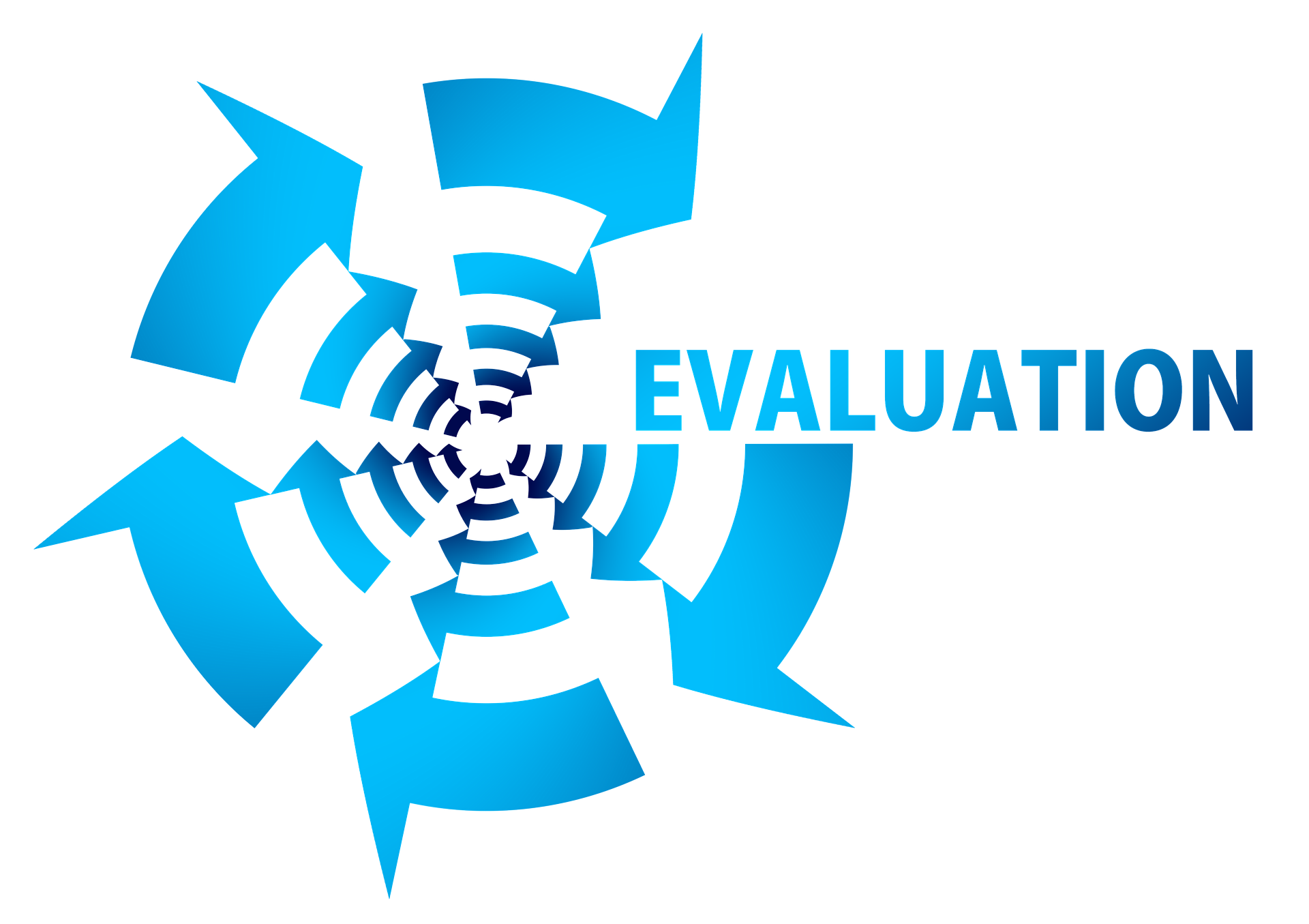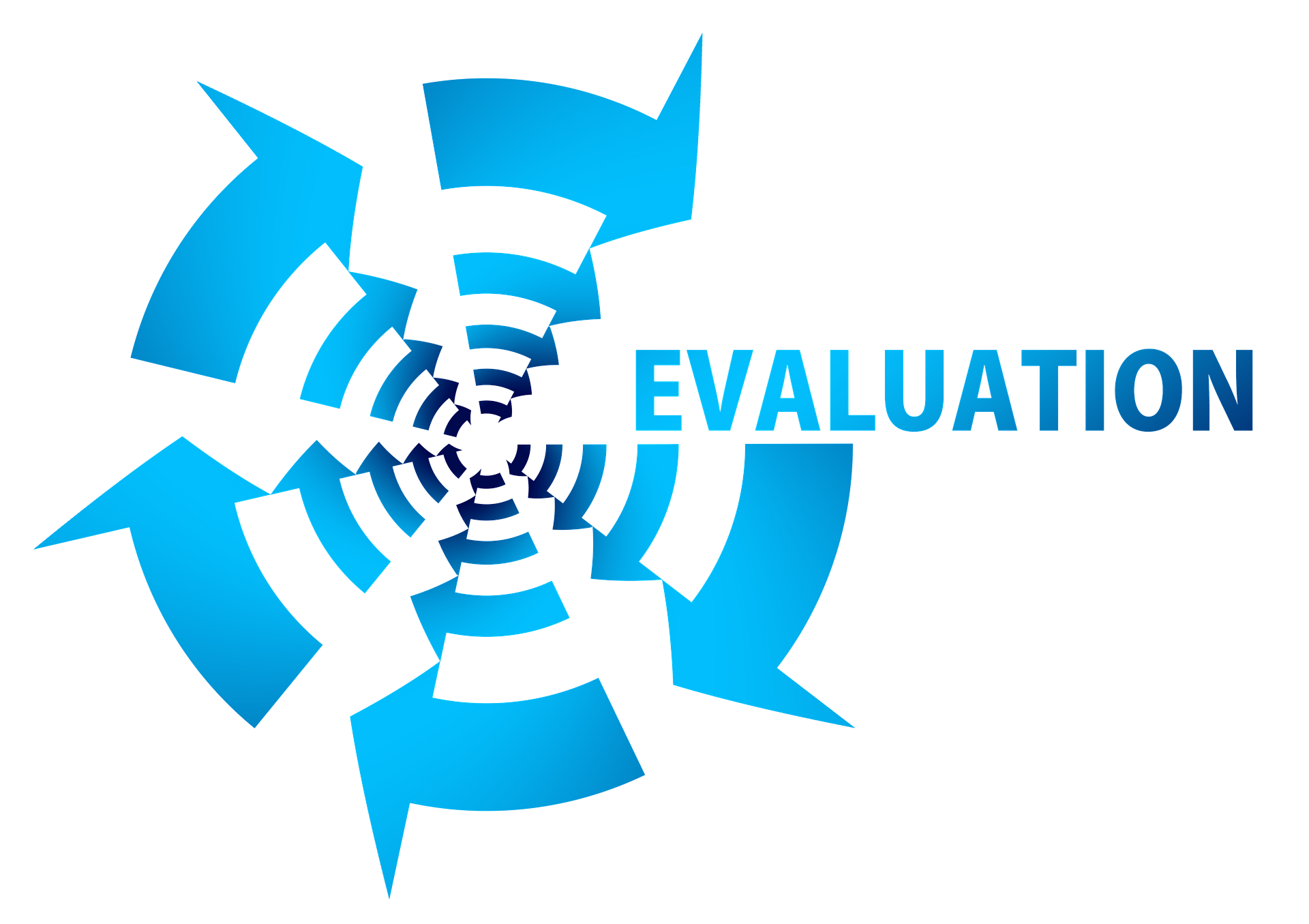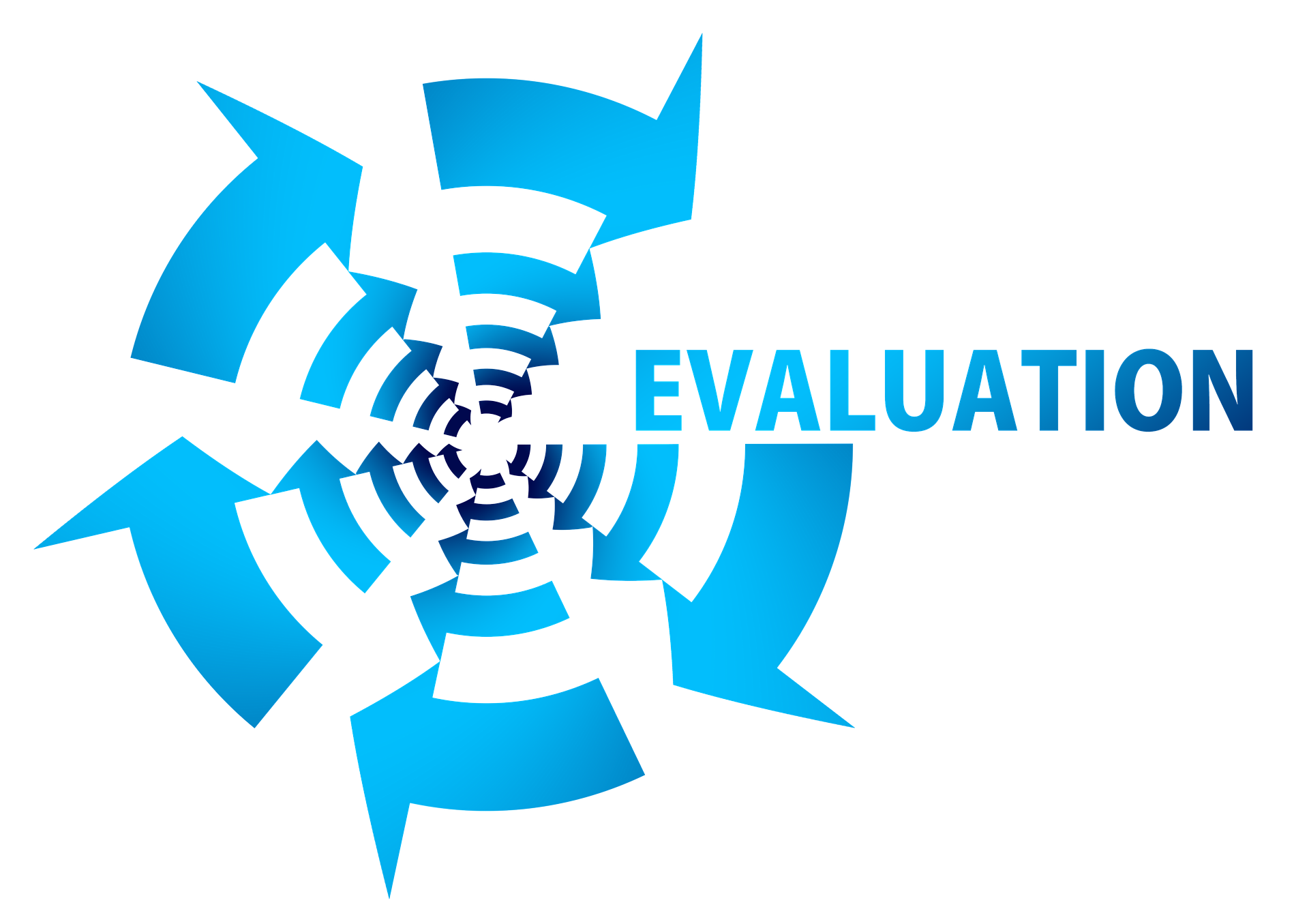Let's face it most informal training sucks!
It's not the fault of the trainer. When you put a bunch of people of varying skill levels into a room and expect someone to come in and get them all "up to speed", you're creating a recipe for disaster.
So, how do you make sure you are getting great training on your new BAS?
This is an important topic. After all, most of the complaints I've received during my career are related to not understanding how to use the BAS.
In this article I will discuss how to use the specification to ensure you receive quality training.
Are you ready to take your specifications and BAS to the next level? If so join me in the eighth article of my 10-part series on how to evaluate your building automation systems.
Real quick, I'm gonna warn you that this article will be a little weird. I jump back and forth in writing to owners and contractors and that makes the flow a bit goofy.
Stick with me though, this is a very valuable topic and I wanted to address both sides of the fence...
[toc]
Criteria 8: Training
Training, there are three things that make training good.
First training must be aligned to the level of the user. Second, training must be delivered in a clear, concise manner where the topics build upon one another. Finally, the trainer must be able to engage the audience.
I'm not here to help you with that last one, but the other two, I can help you with those!
In this criteria I am going to teach you how to take your training to the next level. Whether you are the trainer or the trainee you will get something of value from this post!
The Criteria
#8 Training
In this post I am going to address the 3 primary points of failure I see in most training programs, especially those programs that are hobbled together at the end of a project, come on you know you've experienced that before :-D
The three points I will cover are:
- Multiple Levels of training for your team
- A clear, thought out training plan
- Self-Guided Training Programs
Let's dig in!
Multiple Levels of training for your team
You need to set the right level of training for your team.
But how do you do this?
The process I used has two parts, "The Context" and "The Build".
The first part I'm going to address is context. When you are training folks you need to understand the level of the audience. That is why whenever I would do training I would send out a pre-training form to my customer. You don't fill it out, I don't train you. Now granted, you have to have management support on this cause people will fight this at first.
But here's the deal.
If I am going to ask for 40 hours of your time, shouldn't I know where you are at with your knowledge? I mean if you've been installing and programming controls for 20 years and I come in and say here's a schedule and this is what it does. I've lost you, at that point your gone, and I'm going to struggle to regain you.
Here's a concept, would it be better for me to know where you are and divide my 40 hours across 3 different types of people?
This is what I call the build. If my survey shows that a third of the group is basic, third intermediary, and a third expert then would it be better if I broke my training into a build?
My Recommendation
My recommendation is that you first send a survey to your audience (p.s. don't have time to add my survey right now, check back on August 8th and it will be linked here).
With the survey results you will be able to profile your audience. Then work with the client and tell them you will be holding three classes across, their three skill levels.
Side note, you will be surprised how many folks are grateful that you are training by skill level.
Now for the build, I've hinted at it and now I am going to cover it.
When you train a group of folks at different skill levels you want your training to naturally build upon itself.
For example, you may start off with the fundamentals of point commands, scheduling, etc. Then these will build into graphics creation and modification, which may then building into basic programming.
You get the point, lay the foundation and then build upon it.
Set natural breaks in the training so that the intermediary and advanced folks can join at the right point.
A clear, thought out training plan
How many times do you show up to training at the end of a project and the trainer says something to the effect of
"Ok, what would you all like to cover today?"
Come on, I can see some of you wincing out there. You've either sat in this kind of training or you've been the trainer yourself.
That's ok. After today you will have a clear plan.
So what makes a good plan?
In my experience there are 3 levels of a BAS technician's career and at each of those levels there are 6 things you need to know. So get your pen and paper out, or maybe just highlight and print these next few paragraphs.
The New Tech
- How to command points
- How to schedule points
- How to view alarms
- How to override points
- How to access graphics
- How to view trends
The Experienced Tech
- How to modify graphics
- How to setup trends and alarms
- How to create interlocks and global logic
- How to perform basic programming
- How to add points and controllers
- How to backup databases
The Master Tech
- How to create graphics
- How to perform complex programming
- How to "pull-in" integrations
- How to create new databases and backup existing ones
- How to backup controllers and add in third-party controllers
- How to work with IT, databases, server setup, IP addressing, sub netting, etc.
Now obviously you can't cover all of these topics in a 40 hour training session.
This is where the survey from the previous criteria comes into play.
If you survey your customer/technicians, then you can show them these levels and say rank your abilities on a scale of 1-10. Then as you build your training schedule you can bucket the skills that you need to teach.
My Recommendation
Take your survey results and bucket the skills that your customer\technicians need. Then look at the skills that logically build on one another.
Ask yourself questions like "Can you perform complex programming if you ranked yourself a 1 on basic programming?"
Most of this stuff is common sense but then common sense isn't common is it?
Self-Guided Training Programs
At the end of the day, you are going to have folks who are going to forget 80% of what they learned in training.
How do I know this?
I'm one of those people!
Look, you go back to work from training and immediately your sent to work on a chiller that no matter what just keeps short-cycling. After spending 3 weeks to find out that the sequence of operations never would work, you return to your regularly scheduled job to work on the BAS.
If you're like me, you're excited, you're ready to show off those new skills.
But... You've forgotten what you learned.
This is where self-guided training comes in. If you had training you could access after your training was done then you could simply look up what you needed to know.
My Recommendation
You should work with your BAS provider.
Ask if you can record the training. Store that training for a later date.
Or better yet, here's an idea I used to use!
Go to your vendors service group. Sit down with the sales person and setup a training agenda. Then buy some block hours and start recording the training. Build up a training library and host it on a private YouTube Channel.
You now have a training program that you can put your technicians through!
Multiple Levels of training for your team
You would put the following verbiage in your Request For Proposal (RFP) or Request For Qualification (RFQ).
Please detail out your process for identifying the levels of training required for our team.
[table caption="Tailored Training Levels" width="100%" colwidth="50|100" colalign="Left|left"]
Ranking Score, Ranking Description
0, We only provide one level of training
1, We provide multiple levels of training but only one level will be given
2, We will train your team based on the level of training you require
3, We will evaluate your teams strengths and weaknesses with BAS and adjust the training accordingly
[/table]
A clear, thought out training plan
You would put the following verbiage in your Request For Proposal (RFP) or Request For Qualification (RFQ).
Please detail out how you will develop your training plan.
The table below details out how you would rank the responses.
[table caption="Training Plan Creation" width="100%" colwidth="50|100" colalign="Left|left"]
Ranking Score, Ranking Description
0, We train based on what is in the specification
1, We have a single set training program
2, We have three different training programs
3, We work with our customers to tailor our training program
[/table]
Self-Guided Training Programs
You would put the following verbiage in your Request For Proposal (RFP) or Request For Qualification (RFQ).
Please describe the availability of on-demand training for our team.
The table below details out how you would rank the responses.
[table caption="Training Availability" width="100%" colwidth="50|100" colalign="Left|left"]
Ranking Score, Ranking Description
0, We do not provide on-demand training
1, We provide on-demand training but it is in-formal
2, We can provide on-demand training for a price
3, We have a formalized on-demand training program that is free for previous customers.
[/table]
Summary
This was the eighth article in the How to Evaluate a BAS Series. In this article you learned how to evaluate your BAS Training for:
- A clear, thought out training plan
- Multiple Levels of training for your team
- Self-Guided Training Programs
In the next article for this series we will discuss how to evaluate BAS Legacy Support.
For some odd reason folks like to keep their BAS systems long past their due that. Unfortunately this is reality folks like myself must accept.
"Fine, I'll help you keep that old Commodore 64 running" :-D.
Well, how do you make sure what you are buying will support your existing legacy systems? What questions should you ask?
In my next article I will discuss how to deal with those exact questions!





